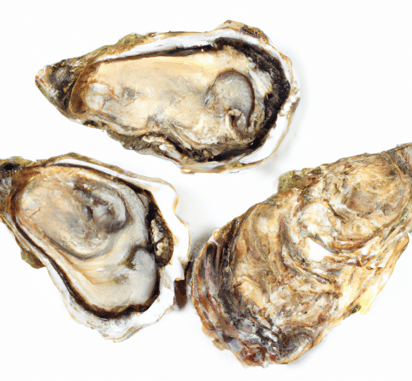Oysters: Important Facts, Health Benefits, and Recipes
Dive into the fascinating world of oysters with this comprehensive guide, designed to answer all your questions about this delicious and nutritious ingredient. From their health benefits to their culinary uses, we'll explore everything you need to know about oysters and how to enjoy them in your daily life.

Best Oysters Recipes
-

-
:max_bytes(150000):strip_icc()/basic-tempura-for-fish-and-seafood-1300531-hero-01-bbd91b4ee23940749fec5ab7693eadcc.jpg)
-

-

-

-

-
:max_bytes(150000):strip_icc()/crock-pot-oyster-stew-3055796-hero-4-ffd4254f2dae45a884f7ee5acdea21a6.jpg)
-
:max_bytes(150000):strip_icc()/southern-cornbread-and-oyster-dressing-3061395-hero-01-3df6beb78eae4f5681fa34915b3677b9.jpg)
-
![Crispy Fried Oysters With Cornmeal Batter Recipe Image]()
-
![Crispy Southern Fried Oysters Recipe Image]()
-
![Seafood Gumbo Recipe With Shrimp and Crabmeat Image]()
-
![Oyster Casserole Image]()


:max_bytes(150000):strip_icc()/fried-oysters-with-cornmeal-batter-3058714-hero-01-72bfb78fb3f945108b40c7b612c60d93.jpg)
/fried-oysters-3058721-5bd20119c9e77c00585518bb.jpg)
:max_bytes(150000):strip_icc()/seafood-gumbo-recipe-3057282-Hero-5b69a2a1c9e77c0050b32b35.jpg)
